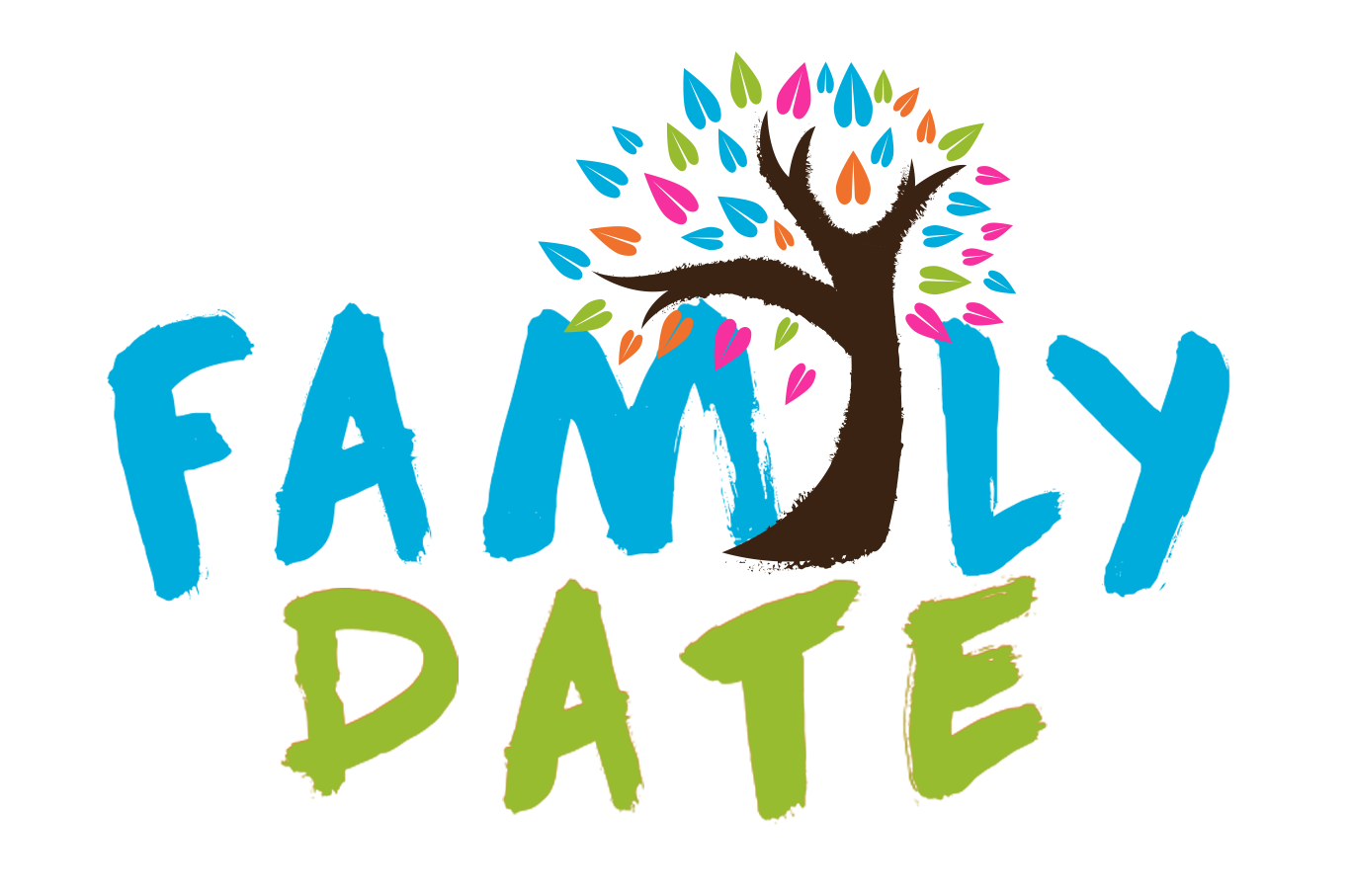💭 How Kids See Us: When We Teach Them to Fear What Others Think
We don’t mean to raise people-pleasers - but we do, one “What will they think?” at a time.
It’s incredible how easily we grow into adults who are scared of what other people think. We worry about what we said, what we did, how we looked, how we came across. And most of the time, it’s not because we chose to live this way; it’s because somewhere along the way, we were taught to.
Not on purpose, of course. It’s never on purpose. It’s all those tiny, innocent sentences we heard growing up - or now say to our own children, without thinking twice.
How it begins
We say: “I like how you look .”
What they hear: How I look matters more than how I feel.
We say: “What did you get on your test? What did your friends get? What did your teacher think?”
What they hear: Other people’s opinions matter more than my effort.
We say: “Stop crying. Stop that behaviour right now. Everyone is looking at you.”
What they hear: You’re embarrassing me. Control your feelings. How you feel is secondary to what people think.
We say: “You’ve done it wrong. What’s wrong with you? Why can’t you be more like other kids?”
What they hear: Mistakes make me unworthy.
Because when we say these phrases, our children hear: It doesn’t matter what I think or feel, what matters is what others think of me.
And that’s how people-pleasers are made.
How it feels when you’re grown up
When you’ve been raised to measure yourself by other people’s reactions, it’s exhausting.. Why? Firstly, you second guess everything. You assume you’ve done something wrong before you even know the situation. You think your worth depends on how someone else feels about you.
I’ve done this millions of times.
When someone says to me, “Can we talk?” , my brain instantly floods with worst-case scenarios: What did I do? Did I upset them? How can I fix it?
And then it turns out to be something innocent, like: “Do you want to come for a playdate?”
Even last night, my dad said, “I want to talk to you, I will pop over after work.” Instant panic. My mind was racing: What did I do wrong this time? By the time he got home, I was almost shaking while all he wanted to talk about was buying a new fridge.
Honestly… could it get more innocent than that?
That’s what this conditioning does. It wires us to expect disapproval. To seek safety in pleasing others. To forget how to stand calmly in our own truth.
And when you’re a parent…
This becomes dangerous - not because of what it does to you, but because of what it models to your child. A child watching a constantly self-sacrificing parent learns:
“My needs come last.”
“Being ‘good’ means keeping people happy.”
“Saying no is selfish.”
“Discomfort or conflict must be avoided at all costs.”
“My worth depends on approval.”
A parent who never rests, never protects their own boundaries, never shows their own voice makes it seem normal to disappear into others’ expectations.
And then our children grow into adults who:
are scared to take risks,
don’t trust their instincts,
give up easily because making a mistake feels fatal,
and keep themselves small so everyone else stays comfortable.
This is why it matters. Because our children won’t do what we say. They will do what we model.
Self-respect, boundaries, confidence, and courage, they’re all learned by watching us.
So how do we break the chain?
We focus on our children’s inner world.
We ask:
“How did that feel?”
“What do you think?”
“Are you proud of yourself?”
We stop rescuing them from mistakes and start celebrating them. Because mistakes are the birthplace of learning, courage, and resilience.
A few weeks ago, my daughter’s teacher told me she’s becoming more comfortable at her new school. She’s raising her hand, volunteering answers, even when she isn’t sure she’s right. The teacher seemed surprised she’s not scared of being wrong.
And honestly, I couldn’t be prouder. More kids should be willing to take risks.
Why? Because:
risk-taking teaches confidence
mistakes build resilience
trying again builds grit
courage grows only when fear is present
learning is impossible without uncertainty
This is how children learn who they are - not through perfection, but through trial, error, and recovery.
So if you don’t know where to start…
Next time your child makes a mistake, no matter how small or big - stop.
Take a breath. Then say:
“You made a mistake! Amazing, now we can both learn from it.”
“What do you think happened?”
“Why do you think it was a mistake?”
“How did it make you feel?”
“What could you do differently next time?”
Bombard the moment with curiosity, not criticism and you’ll be breaking the cycle right there. Give it a go and let me know how it went! Good luck!
Remember: “Mistakes are proof that you’re trying.”
— Jennifer Lim (author and inspirational educator)
